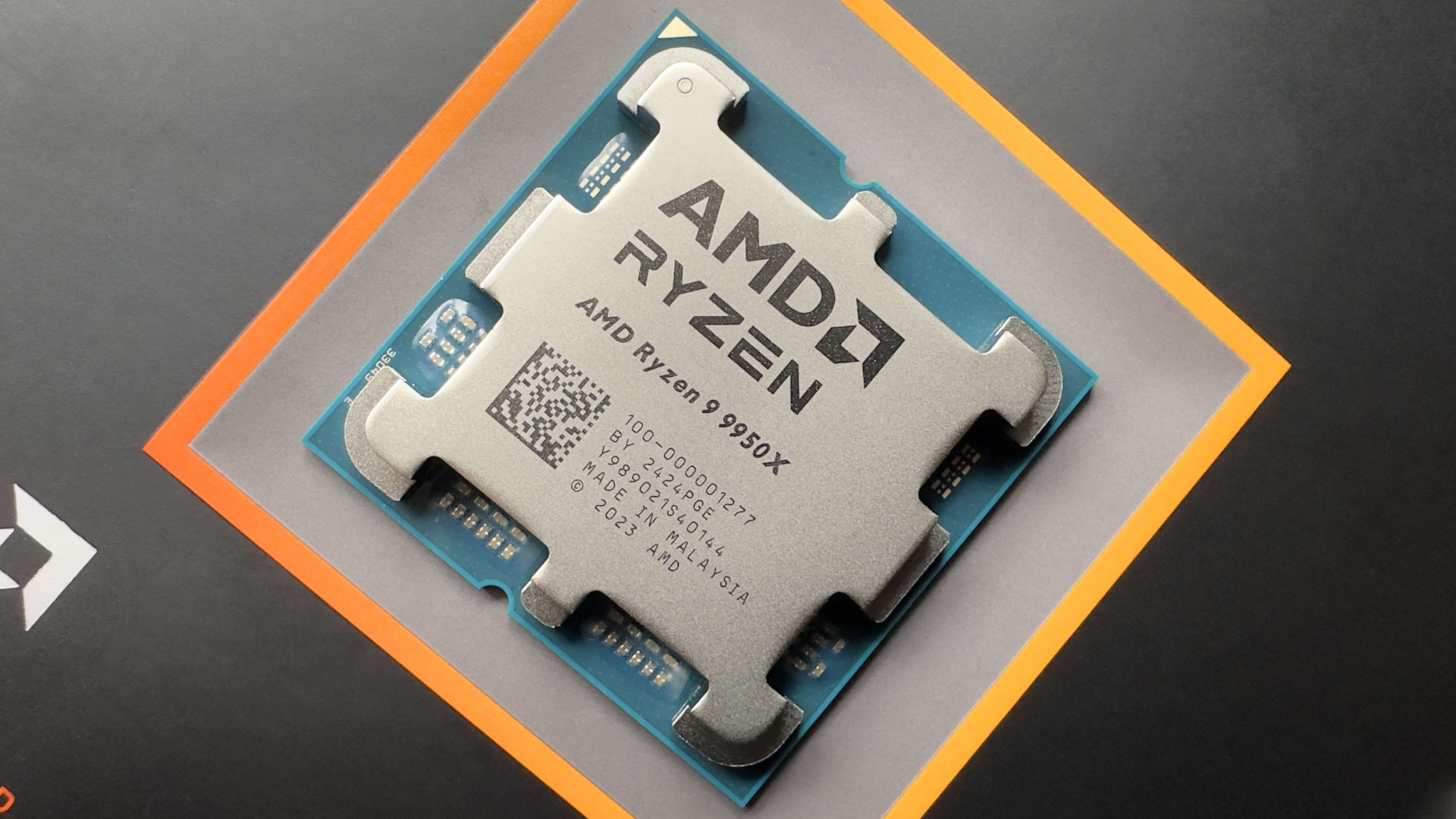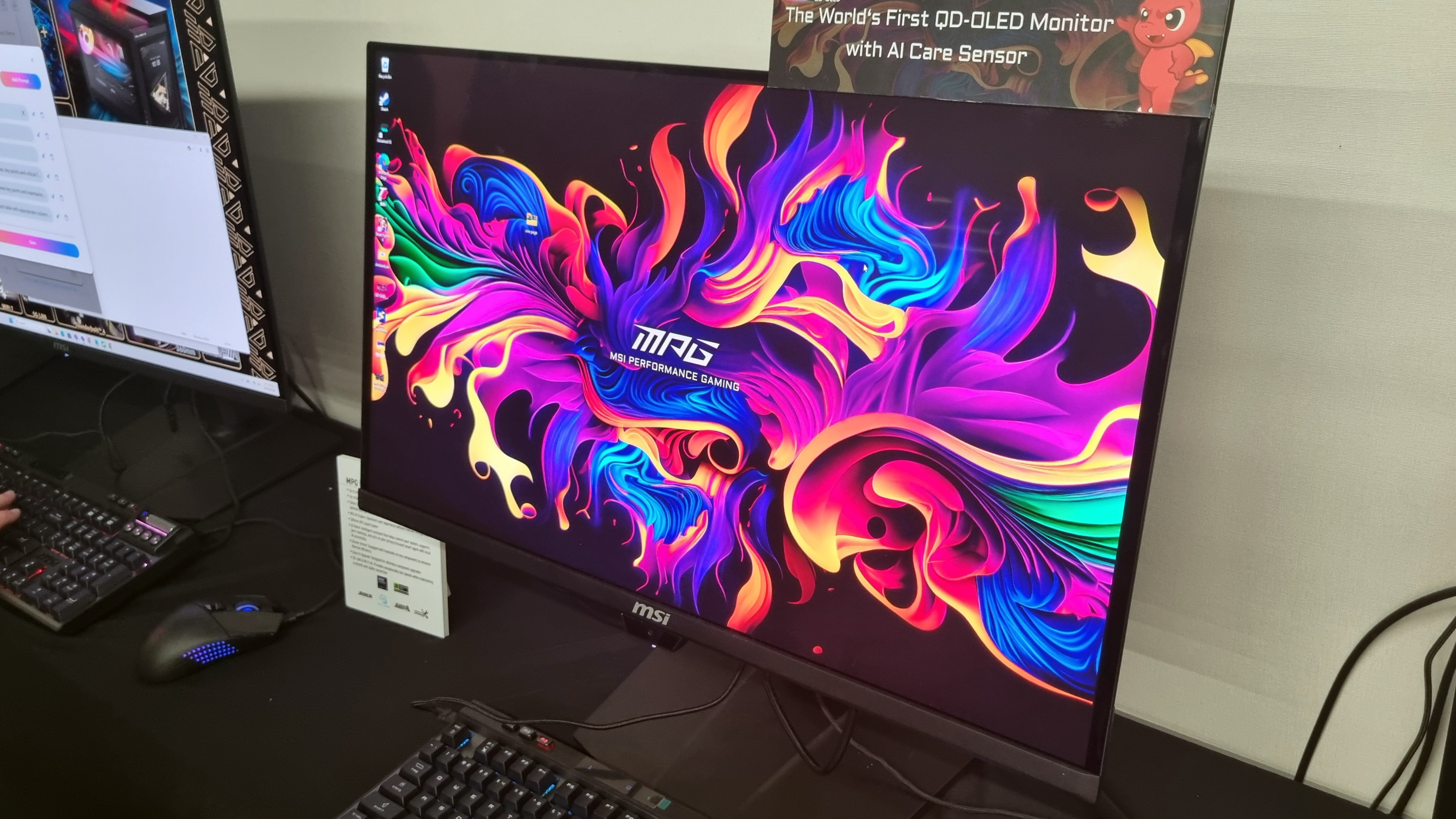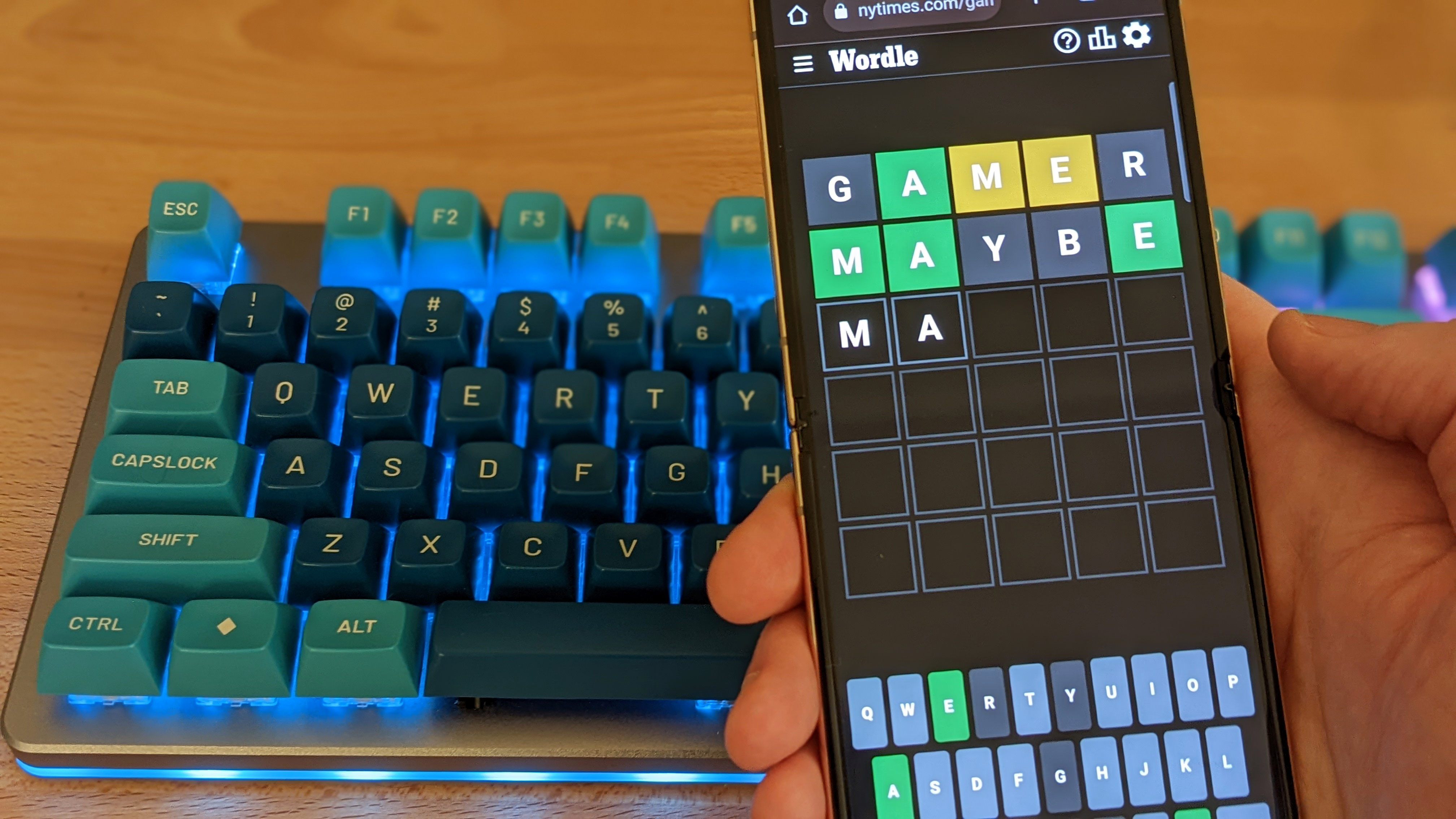
The most expensive and powerful Zen 5 chip in the Ryzen 9000-series enters the arena to dominate the benchmark wars and your wallet.
If you didn’t know anything about Zen 5, you’d think the new Ryzen 9 9950X is a step backwards from its predecessor, the Ryzen 9 7950X. They both have the same number of cores and threads (16 and 32, respectively) and the same total amount of L3 cache (64 MB). The 5.6 GHz boost clock is the same for both and the new chip even has a lower base clock (4.3 vs 4.5 GHz). And yet, the Ryzen 9 9950X is by far the better processor.
To understand why, you need to delve into the guts of the two CCDs (Core Complex Dies) that nestle next to the IOD (Input/Output Die) underneath the heatspreader.
The architectural changes are too many and too complicated to go through in detail right here—you can always check out our deep dive on the Zen 5 architecture if you want the low-down—but it suffices to say that everything AMD has changed results in notably better performance, depending on the application.
As we saw with the Ryzen 5 9600X, Ryzen 7 9700X, and Ryzen 9 9900X, the Zen 5 architecture can offer some substantial gains, especially in productivity and content creation tasks, though the outright improvement in gaming is somewhat understated.
(Image credit: Future)
Cores: 16
Threads: 32
Base clock: 4.3 GHz
Boost clock: 5.7 GHz
L3 Cache: 64 MB
L2 Cache: 12 MB
Unlocked: Yes
Max PCIe lanes: 24
Graphics: Radeon Graphics
Memory support (up to): DDR5-5800
Processor Base Power (W): 170
Maximum Package Power (W): 230
Recommended customer price: $699/£609.99
However, in those chips, differences in clocks and power limits mask the true potential of Zen 5. As you’ll soon see, when it comes to pitching the Ryzen 9 7950X against the Ryzen 9 9950X, the benchmark results are almost entirely down to the architectural differences between Zen 4 and Zen 5.
Unlike the lower tier models, AMD hasn’t reduced the power limit for the 9950X and, like its predecessor, it’s configured to have a TDP of 170 W and a peak package limit (PPT) of 230 W. That’s a far cry from the 105 W TDP for the Ryzen 9 3950X, AMD’s first 16-core processor for the desktop market, and at face value, seems to be just as power hungry as Intel’s Core i9 14900K (which is nominally rated at 125 W TDP, 253 W).
Paper numbers never tell the full story, though.
To performance test the Ryzen 9 9950X, I used our CPU benchmark suite updated for 2024, with the CPU housed in an Asus ROG Crosshair X670E Hero motherboard and an AMD-supplied 2201 BIOS.
(Image credit: Future)
(Image credit: Future)
(Image credit: Future)
(Image credit: Future)
Only a mega-expensive AMD Threadripper or Intel Xeon would likely achieve better results.
Cooling was another Asus product, a ROG Strix LC III 360 mm AIO, and in line with AMD’s recommendation that DDR5-6000 is still the sweet spot for Ryzen chips, a dual channel 32 GB CL32 kit was employed. Lastly, we’ve gone from using an RTX 3080 to an RTX 4070, to provide a more real-world overview of the chips.
Let’s start with what the Ryzen 9 9950X is best at and that’s productivity, content creation, rendering, video editing, and so on. As you can see, it’s not just good at it, it’s the best CPU for these tasks full stop. Only a mega-expensive AMD Threadripper or Intel Xeon would likely achieve better results.
That said, it’s only notably better in certain applications than the Ryzen 9 7950X. In the multithreaded Cinebench test, the 9950X is 15% faster than the 7950X and 16% better in Blender. However, the 9950X’s lead over its predecessor is 8% in Handbrake and just 5% in the photo editing benchmark.
This is all pretty much in line with AMD’s performance claims when it announced the Ryzen 9000-series with the launch of the Zen 5 architecture, so I’m not criticising the 9950X for having varied results in our tests—that’s just the nature of how it all works.
The same is true of the chip’s gaming performance. As with all of the Zen 5 chips I’ve tested, there’s nothing wrong with how the Ryzen 9 9950X runs gaming workloads—compared to the Core i9 14900K, it generates 3% lower average frame rates, although the 1% lows are further behind, being 5% and 8% down respectively.
Motherboard: Asus ROG Crosshair X670 Hero
Cooler: Asus ROG Strix LC III 360
RAM: 32 GB Lexar Thor OC DDR5-6000
Storage: 2 TB Adata XPG Gammix S70
PSU: MSI MAG AB50GL 850 W
OS: Windows 11 23H2
Chassis: Open platform w/ 3x 140 mm fans
Monitor: Acer XB280HK
That’s close enough to not really be noticeable in real-time gaming, and our other game tests put the Ryzen 9 9950X on par or slightly ahead of the Core i9 14900K. Naturally, this is how it will be across the myriad of other games out there, where some will favour AMD, and others will work better with Intel chips.
One aspect of all of this that strongly leans in AMD’s favour is power consumption. Recording the average CPU package usage in Baldur’s Gate 3 and the multicore test in Cinebench provides clear evidence for this: where the Ryzen 9 9950X consumed 129 W and 196 W in those two tests, the Core i9 14900K demanded 177 W and 271 W—that’s 37% and 38% more power.
I was eager to test the 105 W Eco mode with the 9950X as the previous generation of high-tier Ryzen chips still worked really well with a reduced power limit and one of my favourite all-round processors, the Ryzen 9 7900, gets by with just 65 W. However, using Eco mode with the Ryzen 9 9900X, the 12-core variant of AMD’s Zen 5 lineup, produced disappointing results, especially in gaming.
(Image credit: Future)
That last aspect was also a bit of an issue with the Ryzen 9 9950X, where Metro Exodus Enhanced and Total War: Warhammer 3 both took large hits to the 1% low figures when the chip was limited to 105 W. Fortunately, the other games worked absolutely fine and the 9950X still outperformed all of the other tested processors in content creation applications with this power limit.
✅ You want the best desktop chip for content creation: The Ryzen 9 9950X beats everything else, including the Core i9 14900K, when it comes to multithreaded workloads.
✅ You want a cool office: Enable Eco mode and enjoy a big drop in heat output, for very little loss in performance.
❌ You want good value for money: At $699, the Ryzen 9 9950X is very expensive and the last-gen Ryzen 9 7950X is much better value.
So, taking all of the above into consideration, it’s clear that the Ryzen 9 9950X is the best desktop CPU you can buy—it’s not the outright fastest when it comes to gaming, but it’s more than good enough in this respect, and it’s multithreaded performance is second to none. It also doesn’t use huge amounts of power and it’s very easy to cool.
But none of this comes cheap. At $699, the 9950X has a $50 lower MSRP launch price than the previous model, the Ryzen 9 7950X, but one can pick up that chip for $523 on Amazon at the moment. That makes the new Zen 5 chip 34% more expensive than the Zen 4 one but as you’ve seen, it’s not 34% faster in any of our tests.
This is a problem that all new processors have to contend with, of course, but in the case of the Ryzen 9 9950X it does mean it’s not particularly good value for money. I’m certain that some applications will really favour the new architecture but unless one is specifically looking for a CPU for such specific workloads, then you might as well save yourself over $170 and get the last-gen Ryzen 9 7950X.
And if all you care about is PC gaming, then avoid the Ryzen 9 9950X altogether, as there are better and cheaper options, such as the Ryzen 7 9700X and still the mighty Ryzen 7 7800X3D.






